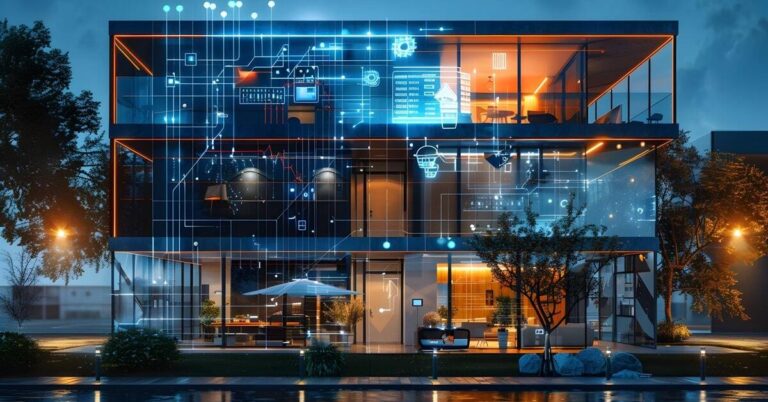Cities around the world are evolving, and Bangkok is at the forefront of this transformation. As Thailand’s bustling capital continues to grow, there’s an increasing focus on making urban living more efficient, sustainable, and comfortable. Smart building automation is a central component of this shift, offering new ways to manage everything from energy use in towering office blocks to the flow of people in vast shopping centres. It is a fundamental change in how we interact with our built environment.
The application of innovative building automation solutions is reshaping the city’s structures from the inside out. These systems integrate various building functions, such as lighting, climate control, and security, into a single, intelligent network. For a city like Bangkok, known for its tropical climate, the ability to optimise cooling systems is significant. Automated adjustments to air conditioning based on real-time occupancy and outside temperatures can lead to substantial energy savings and a reduced carbon footprint, aligning with national goals for sustainability.
This technology also enhances the daily experience of people using these buildings. Imagine office lighting that adjusts to the time of day to support employee wellbeing, or security systems that streamline access without compromising safety. These are not futuristic ideas but practical applications being implemented today. By automating routine functions, building managers can focus on improving services and ensuring everything runs smoothly, contributing to a more pleasant urban experience for residents and visitors.
The benefits extend beyond individual buildings to the wider community. Connected, intelligent buildings can communicate with each other and with the city’s power grid. This interconnectedness helps manage energy demand during peak hours, which is a common challenge in large metropolitan areas. By reducing strain on public utilities, smart buildings contribute to a more resilient and stable urban infrastructure. This is particularly important for a dynamic city that is a hub for business and tourism.
Sustainability is another core advantage. Smart automation helps reduce waste in numerous ways. Systems can monitor water usage, detect leaks, and optimise irrigation for green spaces. Automated lighting and HVAC controls ensure energy is only used when and where it is needed. These efficiencies collectively lessen the environmental impact of large buildings, helping to create a greener, healthier city for future generations.
As Thailand continues to embrace digital transformation, smart building automation will play an ever-larger role. The technology provides practical answers to the challenges of modern urbanisation. By creating more efficient, responsive, and sustainable buildings, we are not simply constructing new places to live and work. We are actively reimagining our urban spaces to better serve the needs of the people who inhabit them every day.

